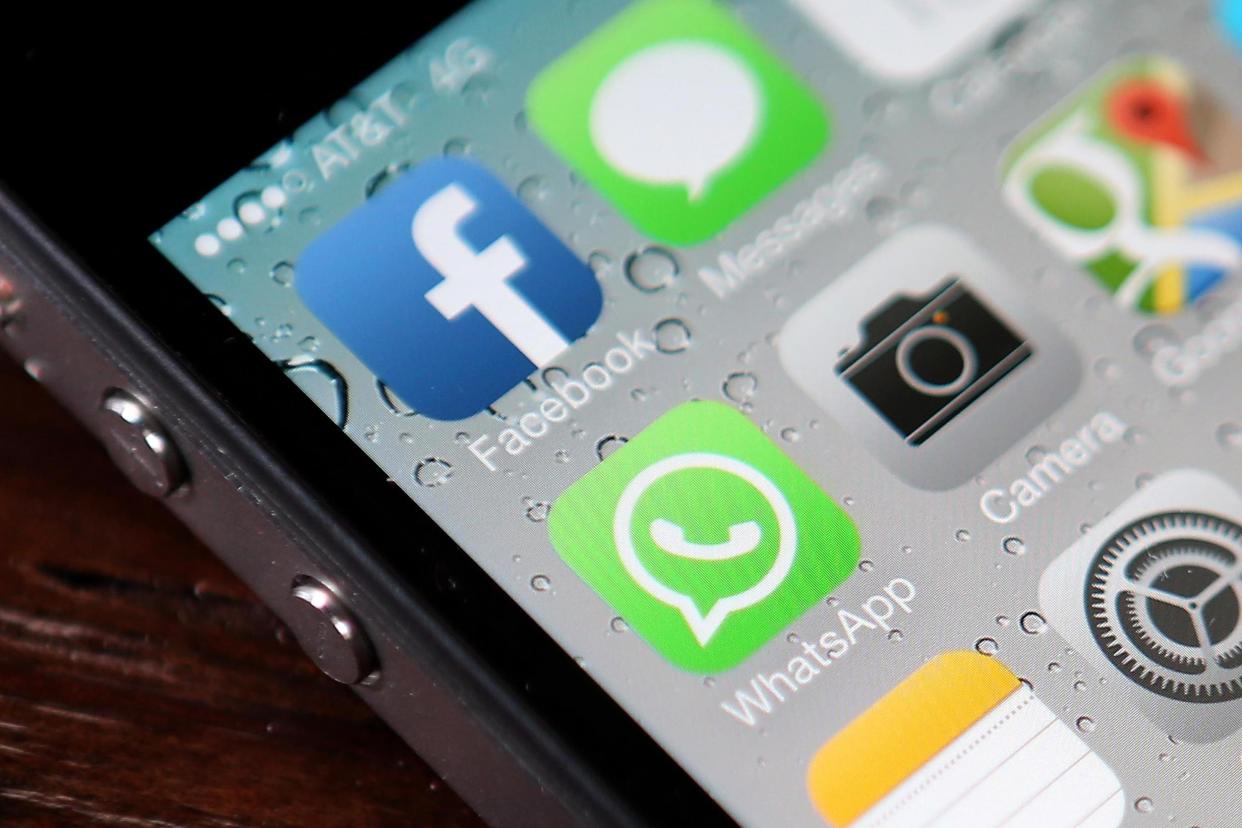The technology sector is an essential ally in the battle against terrorism

"Whatever it takes.” Those were the words running through my head as the news filtered through about the terrorist attack in Manchester: we should do whatever is required to ensure no more innocent people are murdered.
Fighting extremism obviously requires a multi-faceted approach but with more than a dozen deadly attacks in Western Europe since 2015, it’s clear that a recurring problem is the way terrorists are using digital tools to plan and co-ordinate, and evade the police.
As the former head of GCHQ, Robert Hannigan, has written: “Terrorists have always found ways of hiding their operations. But today, mobile technology and smartphones have increased the options available exponentially.”
You only have to look at recent atrocities to see that this is the case. To take two examples, terrorists used WhatsApp to plot the November 2015 Paris attacks, while the perpetrator of the recent Stockholm attack was in contact with extremists using social messaging apps.
Terrorists are using these digital tools because in 2014, Apple, Google and companies such as WhatsApp started deploying sophisticated encryption techniques that prevent anyone —including intelligence agencies — from monitoring online conversations.
This has been a boon for terrorists — but if we’re to take action, it’s important to understand why tech companies started encrypting their systems in this way.
According to former US director of National Intelligence James Clapper, it all began when the US government abused public trust by unlawfully collecting massive amounts of data on millions of people, without proper scrutiny or debate.
When Edward Snowden and other whistleblowers revealed what had been going on, technology companies introduced encryption to reassure customers that their privacy would be safeguarded. As Clapper says: “As a result of Snowden’s revelations, the onset of commercial encryption accelerated by seven years.”
However understandable this move by the technology companies was — and however justified by government misdeeds — it’s led to a state of affairs where the police might suspect someone is set to carry out a terrorist attack but can’t find out what they’re messaging to their extremist network.
This is unacceptable. In the words of Home Secretary Amber Rudd: “We need a situation where we can have our security services get into the terrorists’ communications. There should be no place for terrorists to hide.”
In the wake of yet another attack, and with the threat of more to come, I doubt there are many of the public who disagree. That doesn’t mean fixing things will be easy. The technology industry is wary that clunking government measures will make online communications less secure, and concerned that co-operating with surveillance orders will be hugely unpopular with customers.
But we cannot stand by while people are murdered. What’s needed is not a clampdown on encryption — after all, it’s essential for financial transactions and the modern economy.
That being said, action is clearly required. Although politicians can be clueless when it comes to technology, the Home Office has developed sensible proposals that require a judge to give permission before real-time communications can be monitored — ensuring that suspected terrorists can be stopped before it’s too late, while also protecting against the mass surveillance that the public is worried about.
This is the right direction of travel, and if we’re going to come up with solutions, the technology community can’t stand on the sidelines — it must come together with government to save lives.
Techies cannot afford to be on the wrong side of this argument, or they’ll find themselves on the wrong side of history.
Celebrating a true legend and gentleman
Farewell to Sir Roger Moore, who died this week. Like so many others, I grew up watching him play James Bond — and will forever associate him with bank holiday TV, safari suits and brilliant one-liners.
(Sir Roger himself was just as witty as his 007 character — when he was cast, he was asked what special quality he’d bring to the films. He replied: “White teeth.”)
But there was another side to the great man — as a tireless campaigner for children’s rights. He was introduced to Unicef in 1991 and went on countless global charitable missions. On issues from Aids to landmines and child labour, he made a real difference. In the words of Unicef’s executive director: “The world has lost one of its great champions for children.”
Sir Roger would no doubt raise a trademark eyebrow at such lofty praise. To borrow my favourite of his quips (from The Spy Who Loved Me), he’d probably say he was just keeping the British end up.

 Yahoo News
Yahoo News 
